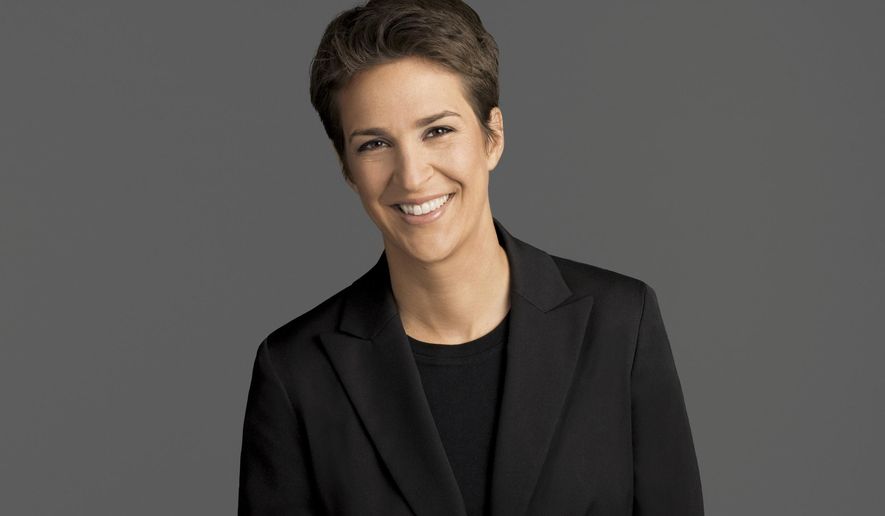The mainstream media were all for the “nuclear option” when it was Democrats doing the nuking.
The press showered praise upon the Senate for removing the filibuster for lower-court judicial nominees and executive appointments in 2013 in the effort spearheaded by then-Majority Leader Harry Reid.
MSNBC’s Rachel Maddow assured her viewers at the time that “judges can be blocked on an up-or-down vote, a majority vote, like always.
“But they cannot be blocked anymore by just a minority of votes,” Ms. Maddow said, reported the Media Research Center’s NewsBusters. “Republicans cannot force that anymore.”
MSNBC anchor Chris Hayes similarly hailed the 2013 development as “an affirmative win for democracy,” while his colleague Al Sharpton said “Democrats took the bold step of changing Senate rules, scaling back the filibuster that Republicans have unfairly used to block the president’s nominees.”
CNN commentator Marc Lamont Hill said Republicans should have taken the Senate back if the party wanted to preserve the filibuster.
“That’s what happens when Republicans lose elections,” Mr. Hill said at the time. “But they’re not accepting the consequences.”
Republicans invoked the nuclear option Thursday after Democrats used the filibuster to block the nomination of Judge Neil Gorsuch to the U.S. Supreme Court.
In an editorial earlier this month, The New York Times lamented the “polarization” of the Supreme Court nominating process and placed blame squarely at the feet of Republican Majority Leader Mitch McConnell.
“There was a time when the leaders of the Senate were responsible stewards of republican traditions and ideals,” the editorial read. “Not Mr. McConnell, whose determination to steamroll and humiliate political opponents exceeds any other consideration.”
But when Mr. Reid used the nuclear option in 2013, the paper of record hailed the development under the headline, “Democracy Returns to the Senate.”
“Given the extreme degree of Republican obstruction during the Obama administration, the Democrats had little choice but to change the filibuster rule,” the 2013 editorial read.
The Gray Lady even acknowledged a precedent had been set to end the filibuster for Supreme Court nominations.
“The only exceptions are nominations to the Supreme Court, for which a filibuster would still be allowed,” the 2013 editorial read. “But now that the Senate has begun to tear down undemocratic procedures, the precedent set on Thursday will increase the pressure to end those filibusters, too.”
• Bradford Richardson can be reached at brichardson@washingtontimes.com.




Please read our comment policy before commenting.